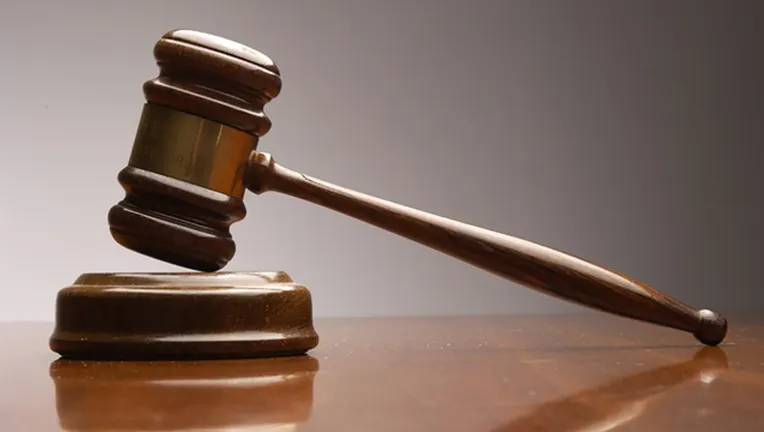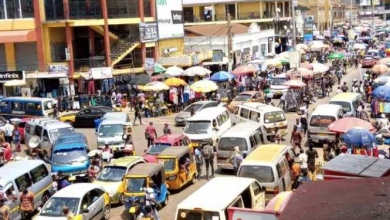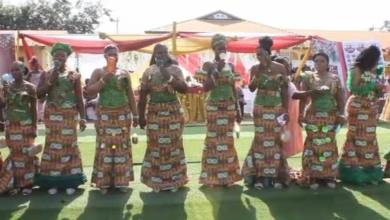“Judge Allows Jakpa-Dame Audio Recording in Ato Forson Trial, Citing Fairness”

- Judge admits audio recording as evidence in ambulance case.
- Recording features Attorney-General and Richard Jakpa.
- Defense argues recording is crucial to financial loss charges.
- Admission is a significant development in the trial.
Justice Afia Serwah Asare-Botwe, the trial judge in the ongoing ambulance case, has explained why she admitted an audio recording involving Attorney-General Godfred Dame and Richard Jakpa, the third accused, as evidence.
The judge stated that the reasons for admitting the recording during the mistrial application on June 6, 2024, still apply, and it was done in the interest of fairness. The controversy surrounding the audio recording began when lawyers representing Minority Leader Dr. Cassiel Ato Forson attempted to introduce it as evidence, prompting an objection from the Attorney General.
The Attorney General questioned the foundation and relevance of the recording, leading to a back-and-forth between the prosecution and defense. The audio recording, previously admitted and pivotal in the trial judge’s mistrial decision, is now being tendered again by defense lawyers, who argue it forms a crucial basis for the charges of causing financial loss to the state against the Attorney General.
Lead counsel for Dr. Forson, Dr. Aziz Bamba, emphasized that the 16-minute recording pertains to the agreement between the Ghanaian government and a subsequent Letter of Credit. Dr. Bamba argued that the Attorney General’s conduct in the recording amounts to oppression of the accused, undermining the integrity of the trial process.
The Attorney General argued against the recording’s admission, asserting that its relevance was not sufficiently supported and did not substantiate the charges against the accused. However, in her ruling, Justice Asare-Botwe disagreed with the Attorney General and admitted the recording into evidence, citing fairness and relevance to the case.
The admission of the audio recording is a significant development in the ongoing trial, which has sparked intense legal debates and attention from the public.






